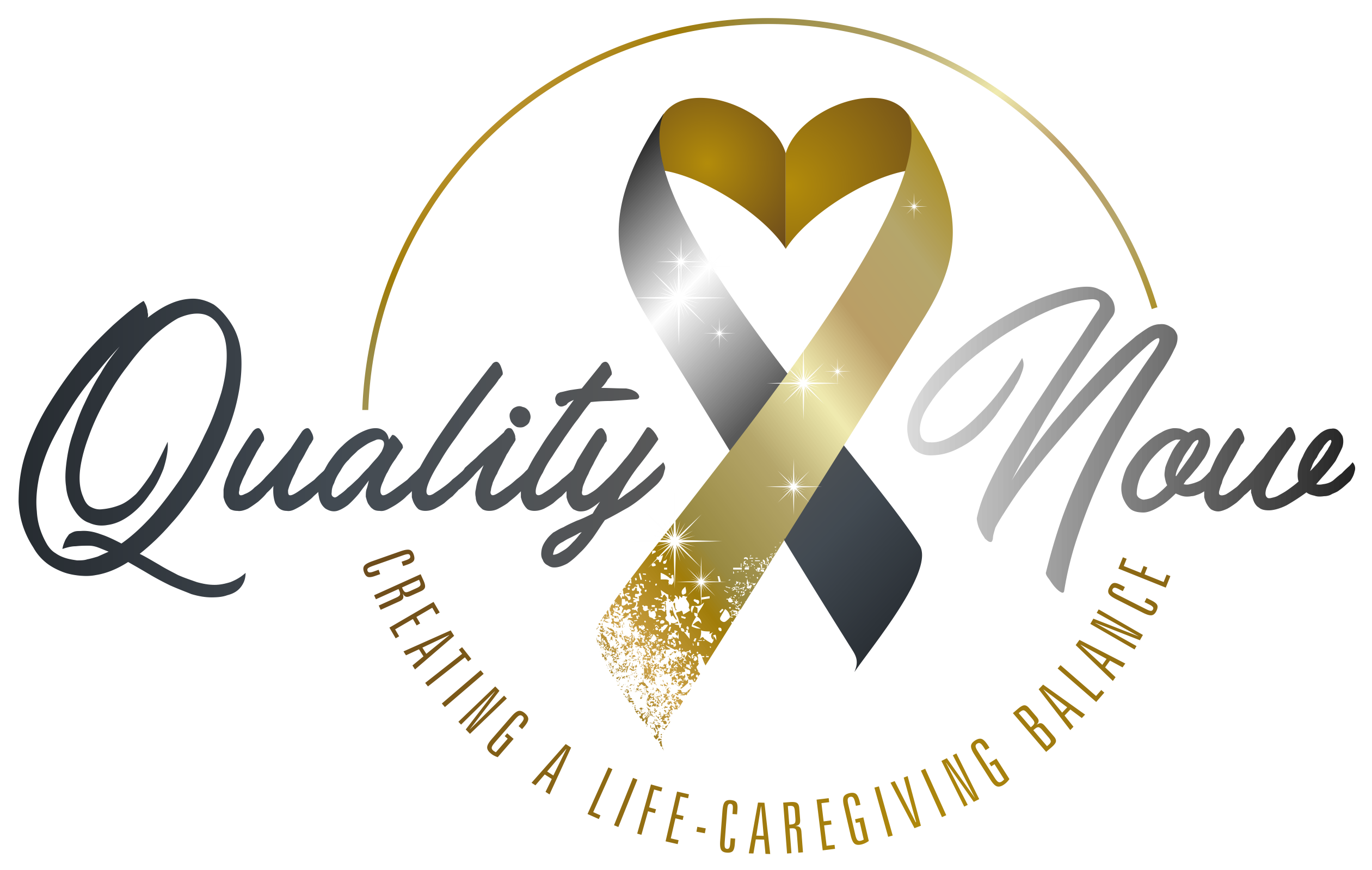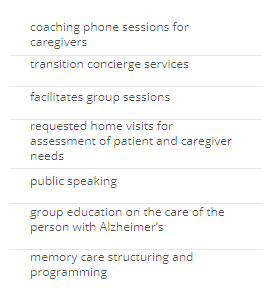
Common described stages of Alzheimer’s that help family support systems anticipate needs for the future
Stages to Alzheimer’s vary depending on your source.
Over the years experts have developed stages of Alzheimer’s. Some describe Alzheimer’s in 3 stages while others describe Alzheimer’s in 7 stages. There are hundreds of articles describing the symptoms associated with each stage. It can be confusing to identify various symptoms listed in one stage and then view the same symptoms listed in another stage from article to article. Because Alzheimer’s is a progressive disease, stages can sometimes overlap causing symptoms to vary from person to person. The disease does not always progress the same in each individual, nor does behavior mirror behavior from person to person. For example; Sundowning, an increase in agitation when the sun goes down may never happen for some people with Alzheimer’s, although sundowning is considered a common symptom. Sundowning can occur at any stage but most prevalent in the middle stages. Regardless, having an idea about the different stages and associated symptoms helps the caregiver become more observant of subtle changes and allows for anticipated needs of the person with Alzheimer’s.
The definitive fact is that Alzheimer’s begins with forgetfulness and ends with functional disability and death.
In the following table, I have shown the 3-stage system along with the associated stages included in the 7-stage system. In the 7-stage system, Stage 1 includes the frightening fact that Alzheimer’s disease is formulating years or decades prior to the first symptom’s. Research has shown that the amyloid proteins can begin to build up in the brain of someone in their 40’s and exhibit symptoms of memory loss in their 70’s. What’s even more frightening is that there is no definitive diagnostic available today and no preventive solution.
Combined 3 stage and 7 stage systems.
MILD (EARLY STAGE 1) 2-4 years Stage 2-3
Stage 2
- Increasing forgetfulness
- Loosing train of thought.
- Difficulty learning new things
- Increasingly misjudging time lapse
- Missing appointments
Stage 3
The longest progression of decline may exist in Stage 3. Observable symptoms may become more prevalent over a 2-4-year period. The symptoms can include the following:
- Forgetting someone’s name immediately after learning it.
- Forgetting routinely used words or substituting correct words with incorrect words.
- Making occasional statements that have no reasonable meaning or relevance to a conversation.
- Having difficulty with paying bills, writing checks and finances in general.
- Getting lost traveling familiar routes.
- Having difficulty with work duties or completing task.
- Placing items in unreasonable places: putting milk in the cupboard or placing car keys in the refrigerator.
- Wandering
- Hallucinations and delusional thoughts
The person in Stage 3 may have explanations for their behavior or may deny they have a problem. It would not be uncommon for the person to try to over compensate for their lack of memory or odd behavior.
MODERATE (MIDDLE STAGE 2) 2-8 years Stages 3-4
Stage 4
The person with Alzheimer’s will begin to have more trouble with activities such as making choices and performing routine task as in writing checks. Mood changes such as withdrawal and denial are more evident. Decreased emotional response is also frequent, especially in a challenging situation.
New signs of decline that appear in stage 4 may include:
- decreasing awareness of current or recent events, not knowing who the president is or what month it is.
- Forgetting their personal history or frequently told stories.
- Mood fluctuations and emotional responses that may include withdrawing from conversations, crying, or becoming irritable.
- Increased anger when asked about their forgetfulness and increased denial.
- Changes that effect relationships, withdraw from calling friends or family, difficulty remembering phone numbers or how to hang up the phone. Not participating in usual social events, beginning to forget who friends are.
- Declines identified in stage 3 become worse.
SEVERE (LATE STAGE 3) 1-2 years Stages 5-7
Stage 5
Stage 5 lasts about 1 1/2 years and requires a lot of support with activities of daily living. The person with Alzheimer’s may not recognize seasonal changes and choose inappropriate clothing. There is increased confusion with orientation to time and place, however the names of loved ones may not be a problem. Increased suspicion and paranoia becomes prevalent. Perhaps stories of someone coming into their house and taking their purse or keys or believing that people are talking about them or out to harm them. People in this stage can no longer drive safely or travel independently. Performing task such as selecting meals and preparation may become difficult and not performed. Remembering to take medication may stop, or an increased danger of taking pills at prescribed times or over usage may become apparent.
.
Stage 6
marks identifiable personality changes and can progress over a 2-year period. All activities of daily living require help and support.
The following usually occurs:
- Routine task of personal hygiene is difficult or absent. Not taking showers, not washing face and hands, not putting toothpaste on a toothbrush, adjusting water temperatures, not combing hair, or combing in a unusual style.
- Toileting functions, going from forgetting to flush the toilet, using toilet paper to losing control of bowel and bladder functions. Forgetting to go to the bathroom and the loss of instinctively to wipe themselves after using the toilet.
- Unable to prepare meals and forgetting what was eaten last or thinking that they ate when they did not. Feeding self becomes more difficult as does holding a glass to drink from.
- Memory loss of family members
- Increased personality changes to include unsettledness, fidgeting, frustration, anger, sadness, and higher levels of paranoia
- Speech becomes more impaired.
- Sleep patterns change, sleeping more during the day.
- Symptoms of previous stages become markedly worse.
.
Stage 7
- Physical functionality is lost, the Alzheimer’s person needs help ambulating, turning over in bed. And sitting up straight.
- Swallowing is difficult making a pureed diet necessary
- Falls asleep frequently
- Smiling is reduced and replaced with grim facial movements.
- May appear to stare off and has difficulty turning head
- Vision is usually affected creating a tunnel type of vision
- Organ function is slowing




